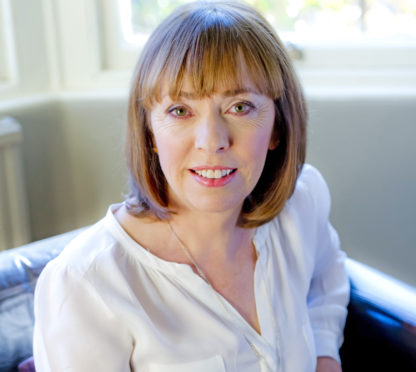
Food writer, Joanna Blythman, has long championed shopping local. She explains why buying from independent, artisan food producers is better for our wallets, taste buds and communities.
“We primarily have a supermarket culture. But people who would usually drive past their local shops on the way to the supermarket are now realising that it’s actually more convenient to shop local. And they are pleasantly surprised by how much good food is on offer.
“It’s also about the experience. Shopping at supermarkets is boring and antiseptic at the best of times but has become worse due to queuing, anxiety and food shortages.
“I’ve always preferred to shop local. Step off the treadmill of supermarket shopping and you’ll realise that you can enjoy better food and a nicer shopping experience by shopping local and supporting your community.
“We are getting into a more thoughtful way of shopping. Instead of waiting forever for an online supermarket order slot, more people are going straight to the producers.
“So we are seeing people order online from local cheesemongers, flour mills and butchers.
“Lockdown has also seen people spend more time in the kitchen preparing meals from scratch, and so they are keen to buy quality, raw ingredients. It’s generally assumed to be cheaper to shop at a supermarket than the independent sector. But people are realising that, in terms of value for money, the independents are not more expensive.
“For example, if you order meat directly from a farmer, it’s often cheaper than buying in the supermarket – and the quality is miles better. Shopping locally and building relationships with sellers also makes people feel good and supports this growing sense of community.
“I think we’re getting back to a place we should’ve been.
“Once you have gone back to that positive feeling about food, it’s quite hard to go back down the supermarket aisles – an experience that shows no sign of improving anytime soon.
“Coronavirus has shown us how fragile our supply system is and that a stress on the global food chain, like a pandemic, can put us in a very insecure position.
“The only way we can fight against that is by localising our food production and making it more of a community concern through shorter food chains that create a mutually beneficial hub for producers, independent sellers and consumers.
“Food is the core of our lives and we need to be buying food in a more conscious and thoughtful way.
“Now we know how to do that, I think many people will continue this going forward.”

Enjoy the convenience of having The Sunday Post delivered as a digital ePaper straight to your smartphone, tablet or computer.
Subscribe for only £5.49 a month and enjoy all the benefits of the printed paper as a digital replica.
Subscribe